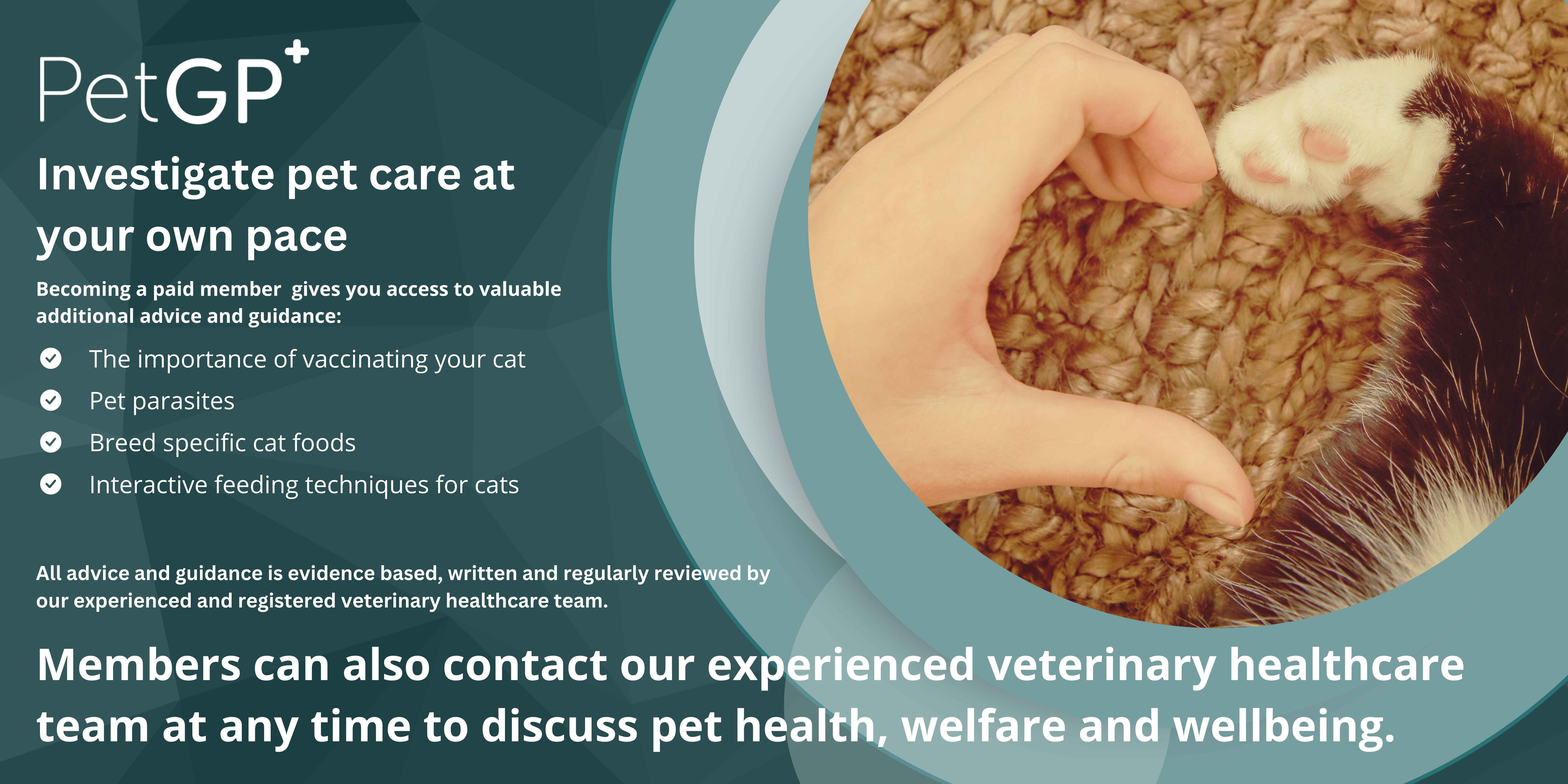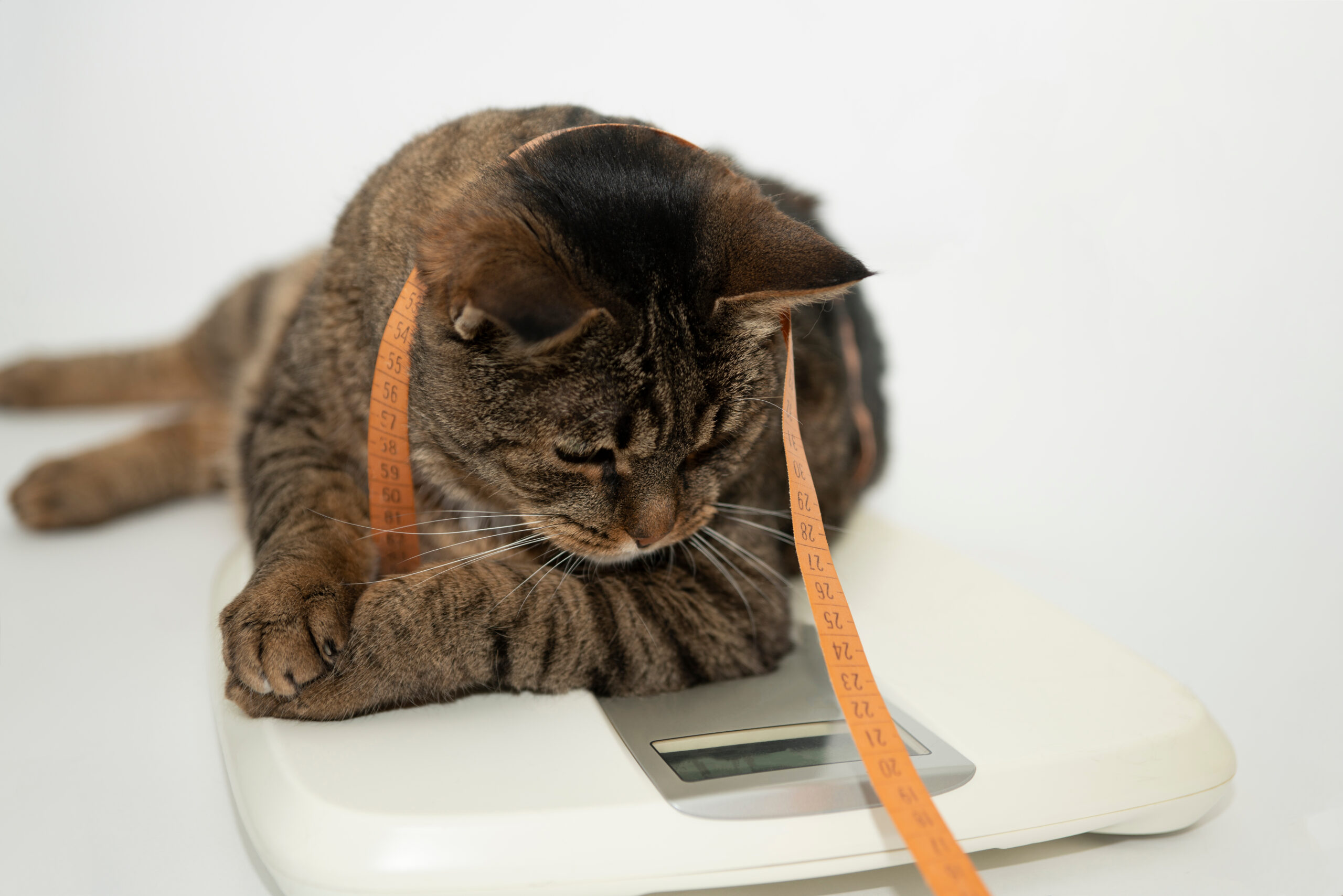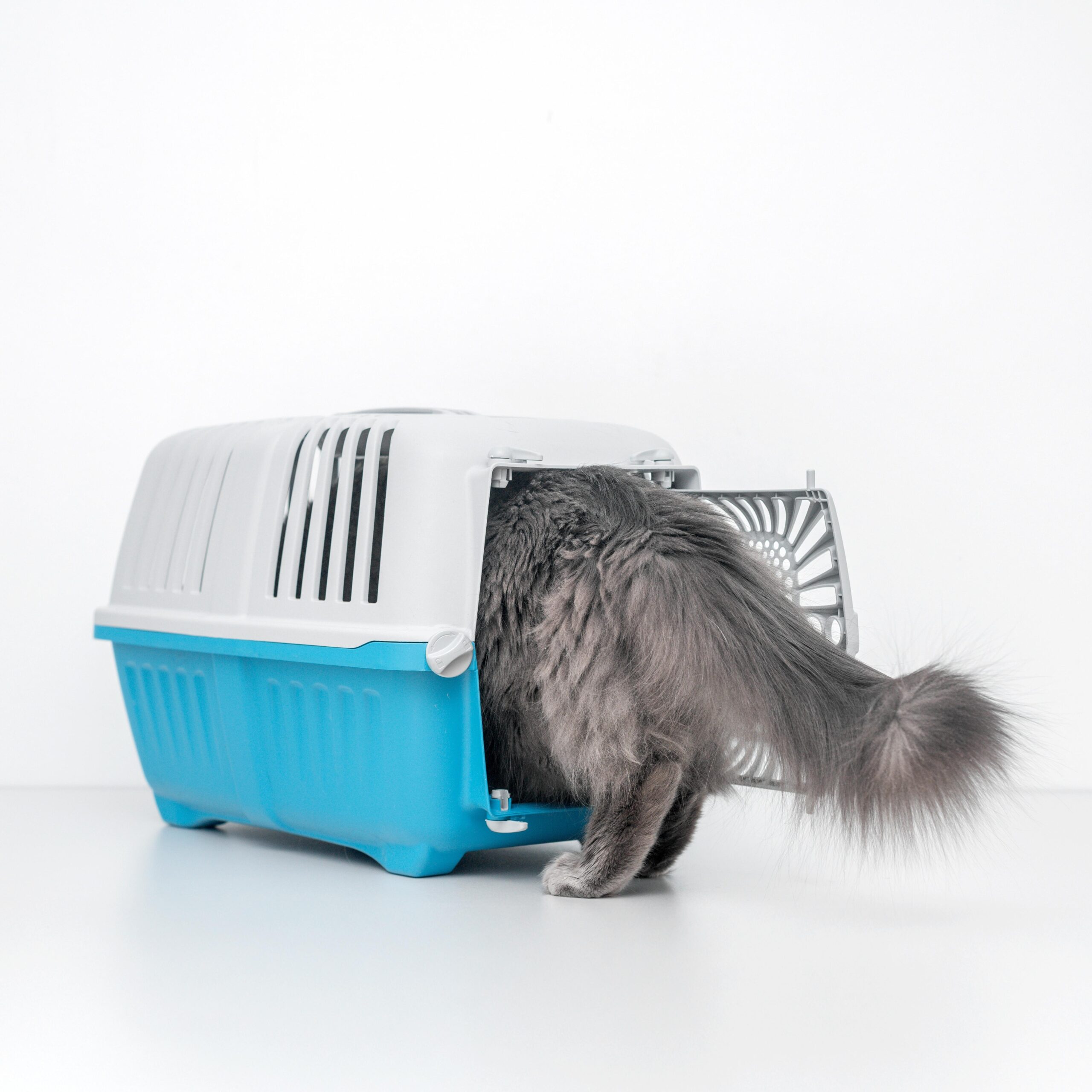How can I keep my Cat healthy?
As owners, we all want to keep our cats as happy and healthy as we can. This is for their own sake, and to help us avoid unnecessary visits to the vets. But how can we do this? Here are some tips on preventative care. These will help to prevent your cat from becoming ill at each stage in their life.
Keeping your cat healthy generally consists of keeping them comfortable, safe and free from disease, for as long as we possibly can. This is important because it gives your cat the best quality of life. It can also reduce the number of times your cat needs to visit the vets for treatment. This will save you money and avoid potentially stressful visits for your pet.
In order to keep your cat healthy, you need to take preventative steps before any problems arise. It’s a good idea to set good habits in place as soon as you decide on getting a cat. A cat’s care needs will vary throughout their life. Due to this the steps you can take to keep them healthy will also change. If you need any additional advice or support, please contact our nurses or discuss this with your vets or vet nurses.
Pre purchase considerations.
If you are planning on buying a kitten, there are a few things you can talk to the breeder about to ensure that they have had the best start in life. It’s a good idea to ask if you can meet both parents. Also ask if they have had any medical problems in the past. A few purebred cats will have testing done before they are bred from. For example, Maine Coons and Ragdoll cats can be tested for certain heart problems. If you are planning on buying a purebred cat and unsure whether the breed you are looking at would normally have any of these tests, you can contact your vet to discuss this further.
Nutrition
It's important to find out what diet the breeder has been feeding. There are lots of different kitten foods out there. It is helpful to carry on with the same diet for the first few weeks once the kitten is in their new home. This can help to prevent stomach upsets. Feeding a food specifically tailored to a growing kitten means they will receive all the nutrients they need. For more information on feeding your new kitten, please contact one of our nursing team.
Parasite prevention
Kittens need regular treatment for worms and fleas. Most breeders will have started this care before they are ready to leave their mothers. It’s a good idea to find out what the breeder has been treating them with, and when they were last given a treatment. Your vet will then be able to advise on when they will need treating again. For more information on worm and flea prevention, please talk to your veterinary care team.
Vaccination
Young kittens also need to start their vaccination courses. These are injections that help to prevent several very serious diseases. Cats need to have an initial course of two injections. These are normal given with 3-4 weeks in between, and then yearly boosters throughout their lives. Depending on the breeder, some kittens will have already had their first vaccines. Most breeders will give you a vaccination card if this is the case. Take this along to your vets and they will be able to complete the initial course.
If your kitten has not had any vaccinations yet, contact your vet as soon as you have your kitten. Your vet practice will organise an appointment for you. It is important that you do not let your kitten outside until a week after they have had their second vaccination. Also, keep them away from other cats unless you know they are fully vaccinated. This is so that they do not catch any of the diseases before they are fully protected.
Veterinary Healthcare
For a young cat, there are a few other things you can do to keep them fit and healthy. Whether they’ve already had their vaccinations or not, it’s a good idea to get them registered with a local vet. They will normally offer monthly check-ups until they are 6 months of age. These are a perfect chance to talk about any care concerns you have. The also ensure that you keep up to date with worm and flea treatment and monitoring their weight. As they get older, your kitten will be able to move on from kitten food to a junior, and then adult specific diet. There are lots of different food options out there. If you would like more information on how to choose the right one, please contact one of our veterinary care team.
Other kitten considerations
It's important to get your cat used to being handled from a young age. This can reduce stress in the future, and allows you to keep an eye out for any problems they may develop. To keep their teeth as healthy as possible, it is great to get them used to daily tooth brushing. It’s also helpful to get them used to having their paws, ears, and eyes examined. Doing this allows you to regularly check these for any problems. To easily keep an eye on their weight at home, it can be a good idea to get used to doing regular Body Condition Score checks. Maintaining optimum weight will help to keep your cat healthy.
Neutering
It’s also a good idea to have a think about getting your pet neutered. Neutering is very important in cats as if they are left entire, they can have many litters every year. Unneutered cats are more likely to go missing or develop unwanted behaviours. For more information on neutering, discuss it with your vet or vet nurse at your pet’s next check-up.
Microchipping
Microchipping is an important way of ensuring that should your cat go missing, they can be traced back to you. Some kittens will have been microchipped with the breeder. If not this can be done by your vet. You may choose to have this done at the same time as vaccinations. It can also be done whilst your pet is under anaesthetic for their neutering. For more information on Microchipping, call to speak to one of our Veterinary team.
Adult Cat Care
As your cat enters adulthood, or if you are getting an adult rescue cat, it’s important to carry on with yearly vaccination boosters and year-round parasite prevention treatment. They will be able to move on to an adult specific diet. There is a lot of choice, so our nurses can help you to decide what sort of food you want to feed to your pet. It’s important to continue to monitor their Body Condition Score to ensure they are staying at a healthy weight. As well as keeping up with the home health checks – eyes, ears, paws, and teeth, it’s a good idea to regularly check your adult cats over for any lumps and bumps they may have developed. Not all lumps will be serious. Finding them early, and getting them checked out by your vet will ensure that any that might be can be dealt with.
Senior Cat Care
As your cat ages, it becomes even more important to try and keep them healthy. Vaccinations and parasite treatment are still just as important. Most vet practices will also offer senior pet health checks. These allow time to discuss any of your care concerns and give you advice on how to help your cat age as well as possible. It is often a good idea to move your pet over to a senior diet, as these are tailored to provide older cats with the nutrients they need.
Mobility and Weight Control
You may notice your cat start to slow down or become stiff after exercising. If you notice your cat becoming stiff or lame, then contact your vet. They may be able to suggest supplements or medications that can help keep them comfortable for as long as possible. Keeping your cat at an ideal weight is even more important as your cat ages. I reduces the strain that is put on their joints and body. Regular Body Condition Score checks can help with this. It’s very easy for a previously very active cat to gain weight as they reduce their exercise.
Health checks
Regular home health checks are even more important now. As well as checking for lameness and stiffness, it’s important to monitor for any signs of blindness or deafness, as well as checking for lumps and bumps. Many elderly pets struggle with broken or sore teeth. Keeping up with teeth brushing, or just regular checks of their mouth is a good idea. It’s also important to monitor how much they are eating and drinking. This can often give the first sign that they are developing an illness.
There are many ways to help your cat stay as healthy as possible. For cat’s of all ages, it is important to keep them up to date with vaccinations and treatment for parasites. It’s also important to ensure they are being fed a suitable, balanced diet. At home, you can monitor their Body Condition Score to help them stay a healthy weight. You can also regularly brush and check over their teeth, and check them over for any lumps and bumps. For kittens, you need to consider neutering and microchipping. For senior pets, it is important to monitor activity levels and mobility, as well as looking out for changes to their thirst or appetite .
Organisation
It can be very helpful to keep a record of your pet’s preventative healthcare treatments and health checks. Keeping a folder or notebook with details of when they were vaccinated, treated for parasites, etc can make it easier to keep on top of when they are due next . Many veterinary practices or pet shops will have reminder services for these as well. When carrying out body condition score checks, monitoring food or water intake, or checking your cat over for lumps and bumps, you can also make a note of these so that you can compare the results over time. This will also be helpful to be able to refer back to if your cat does become ill.
Trust Yourself
As pet owners, you know your cat better than anyone, so if you notice any changes in their behaviour, appetite or thirst, or toileting habits, or anything else that concerns you, then contact us or your vets for more advice. With most illnesses, the sooner they are identified and dealt with, the better for both your pet and for you.





